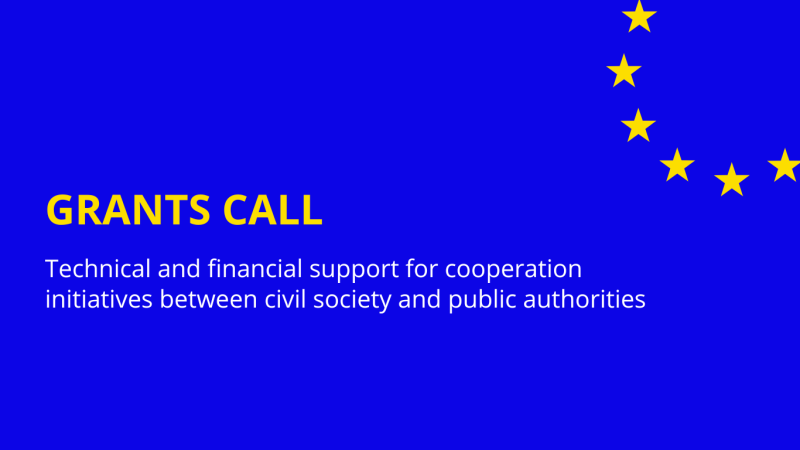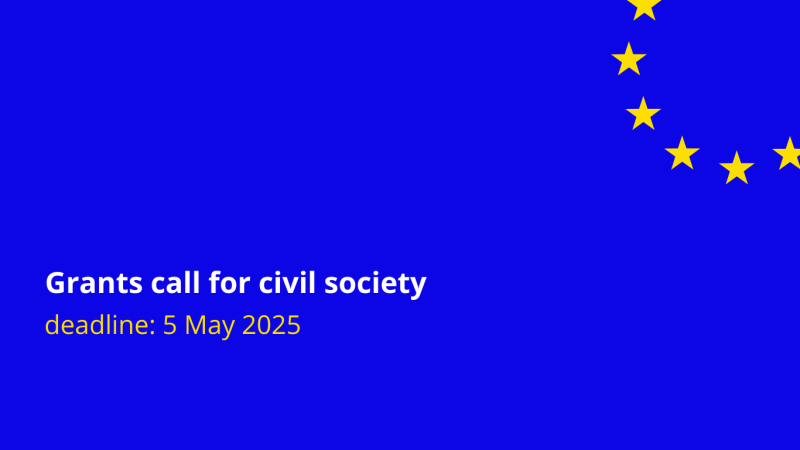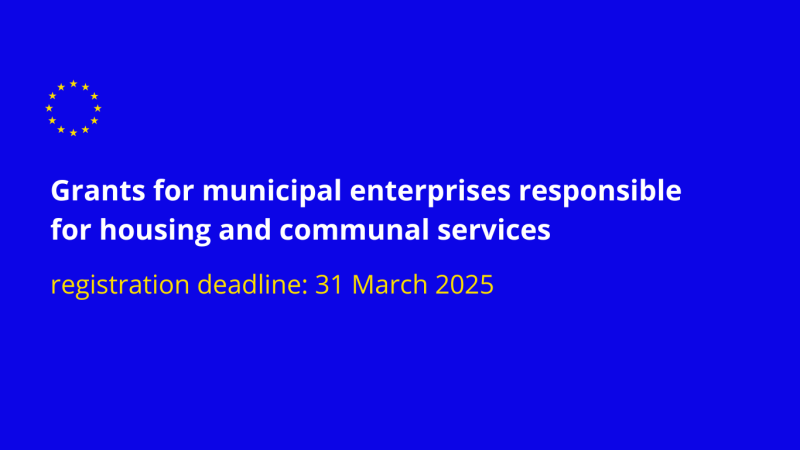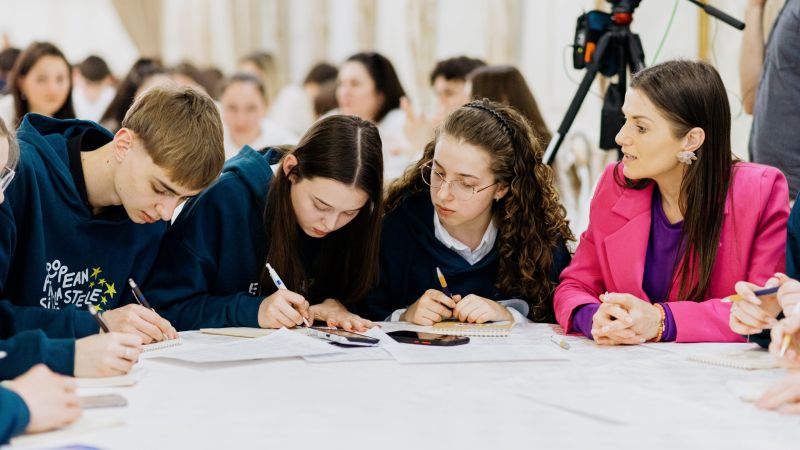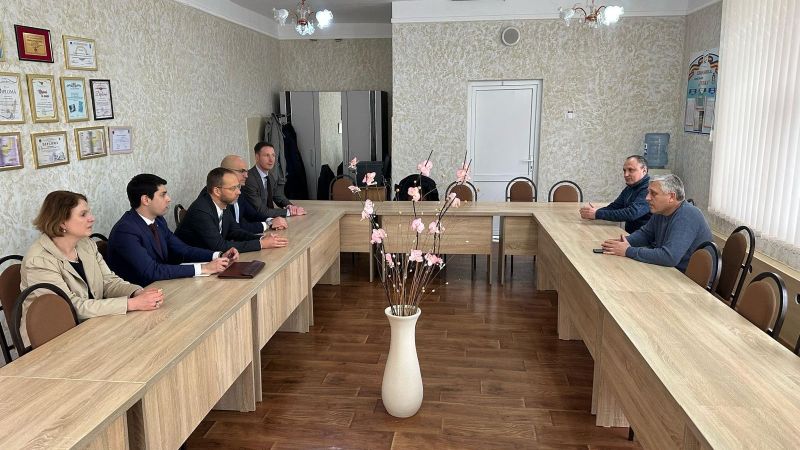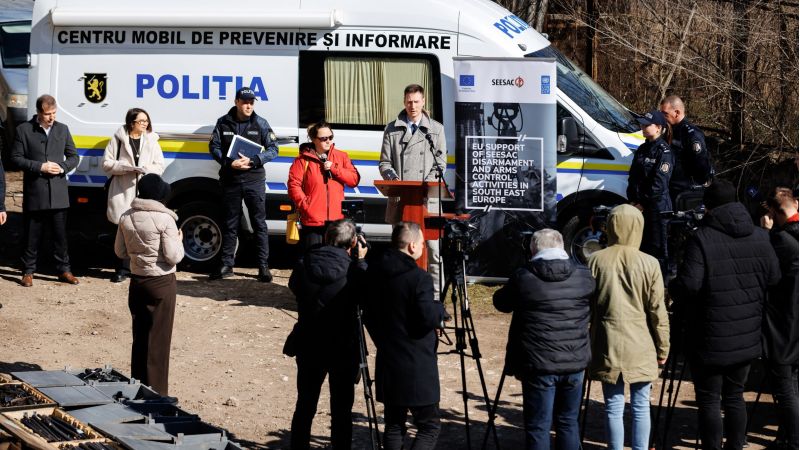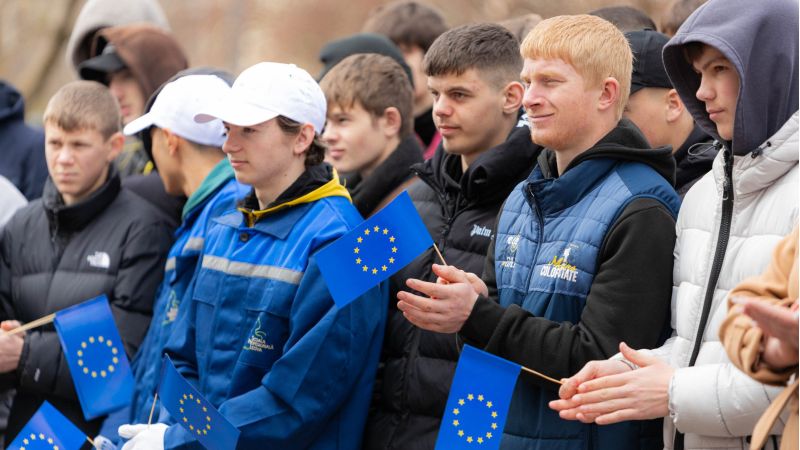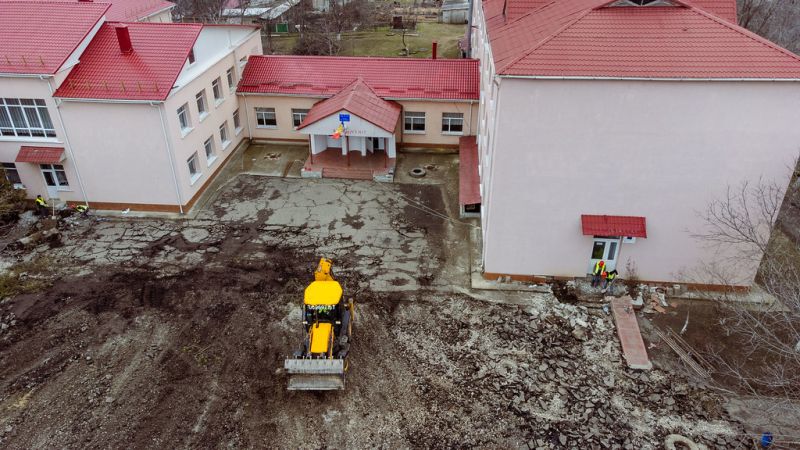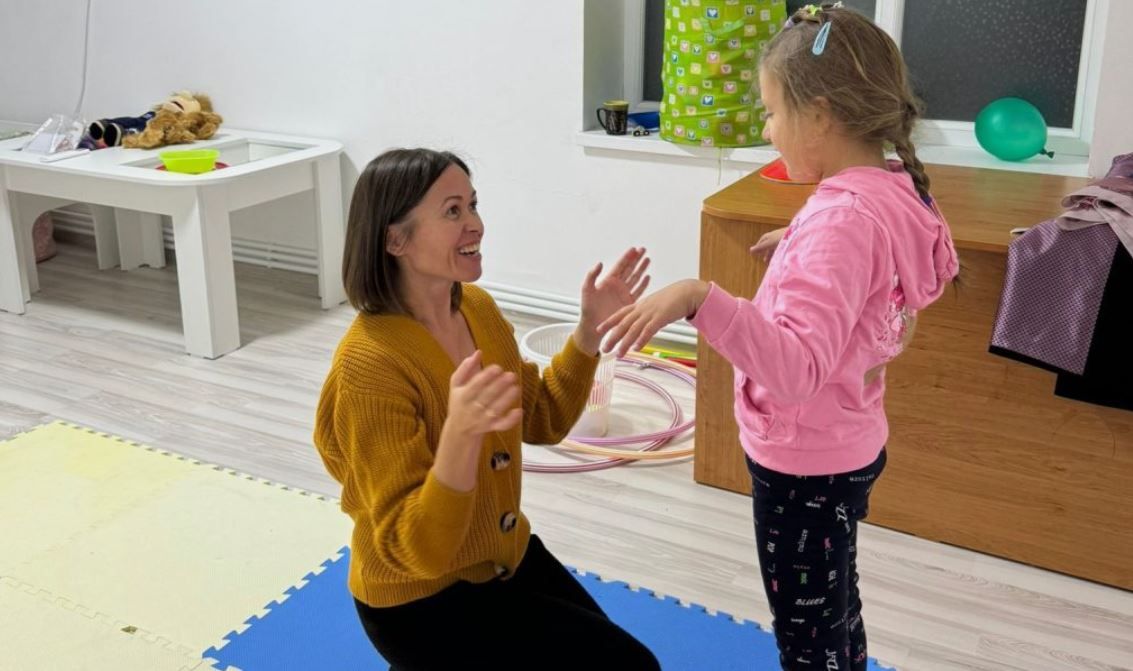
Support for special children with EU funding in Moldova
They are not autistic children, children with Down’s syndrome or with cognitive disabilities… here, at the ‘Argo’ Centre for Rehabilitation, Therapy and Health Education in Florești (Moldova), they are just special kids. This social enterprise, launched a year ago by the local NGO Paideia, provides professional support to children with special educational needs, such as speech therapy, behavioural therapy, physiotherapy or massage, which are crucial for their development from a very early age. These services were made more accessible to the young residents of Florești and their parents, thanks to EU support.
The idea of the Argo Centre takes its roots from the Children’s Creativity Centre in Florești, which provides speech art activities to preschool children. The number of requests from parents of children with speech problems or deficiencies by far exceeded the capacities of the existing institution. This prompted the Head of Paideia, Ala Stircu, to create a space where children with special educational needs (SEN) and their parents could receive treatment and support. In 2023, the idea received EU support via the East European Foundation. In just one year of the activity, the achievements are already far more eloquent than any figures.
Evelina is six, and until a few months ago she did not speak. “At first, I didn’t want to accept that Evelina is a special child,” says Elena, her mother. “When I accepted it, I understood that I had to move forward.” The woman used to take her daughter to speech therapy to the closest cities – Bălți and Soroca – but each time the travel was both time-consuming and costly, and above all, it was hard to maintain continuity of the therapy. “When the Argo Centre opened in Floresti, I was very happy. It is just across the street from my office. Thanks to the work of its specialists, Evelina has achieved something incredible! For the first time, at the age of six, she called me ‘mama’,” recalls Elena excitedly. Persistence in achieving the set goals, continuous exercises and close cooperation have borne further fruit. After six months of therapy, Evelina was able to recite a poem in her kindergarten.
The success of Evelina, as well as of other children attending the Centre, is based on many components. One of them is the new equipment purchased through EU funds, such as the Tomatis headphone and Forbrain headset, revolutionary brain training devices which stimulate the child’s brain to start speaking. Other key elements are the new knowledge and expertise accumulated by the staff during the trainings organised by Paideia. They helped to apply advanced teaching approaches and techniques for empowering children with special educational needs.
Corina Scutelnic is a speech therapist. She works with children who experience emotional and behavioural disorders, language delays, cognitive development delays and autism spectrum disorders. “I took part in the training sessions on behavioural therapy, speech development and parenting courses, organised thanks to EU support. The approaches we’ve learned are different and more effective. I have gained new knowledge and confidence in handling challenging situations,” says Corina.
Victoria Curteanu, a behavioural therapist, works on improvement of memory, thinking and other mental processes, as well as children’s behaviour both at the Argo Centre and in broader social contexts. She observes remarkable progress made by the children over the past year, particularly, in such areas as behaviour, speech development and cognitive abilities. Victoria stresses: “Playtime with parents, storytelling, reciting poems are powerful tools for the child’s development. We stress the importance of interactive learning with real people, rather than digital devices, which may have a particularly damaging impact on children”,
David is five. Some time ago, while living abroad, his mother Ariadna noticed that her son did not respond to his name, did not answer when being addressed, and avoided interaction when he was focused on TV or mobile devices. “He seemed disconnected, indifferent to engaging with me and withdrawn into his own world,” recalls the mother. This made her return to Moldova, where David was diagnosed as having developmental delays. Two weeks ago, Ariadna brought the boy to the Argo Centre. “Initially, he was very resistant: he would cry, become hysterical and refuse to listen or follow instructions. But even after a short period of treatment, we’ve noticed a remarkable difference. David has started to respond to the world around him, he answers my questions, makes eye contact, and is no longer so withdrawn.” Ariadna says.
Since the opening, the Centre has become a support space also for parents, where they can connect, speak out about their problems, share experiences and encourage one another. The team is engaged in awareness-raising on inclusion to support parents, especially mothers who feel depressed or those divorced due to the hardships linked to raising a child with SEN.
“In Moldova it is very difficult to introduce changes into the healthcare system from within. In this respect, NGOs are more flexible, but they are always in search of funding. Social entrepreneurship is the ideal solution. Thanks to EU funding we got the possibility to concentrate on the development of our Centre, rather than on securing the salaries of the employees, and ensure sustainability of the achieved results.” concludes Ala Stircu.
